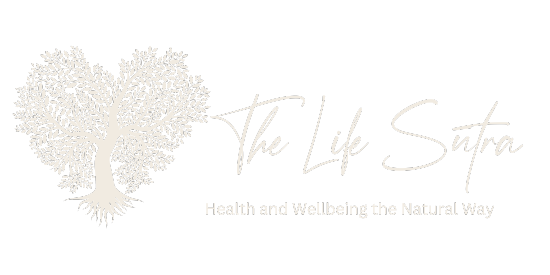

-
Role Model of Health
Health is my passion and number 1 priority. When I have unwavering health both physically and emotionally, only then can I fully serve others.
-
Health Mentor
My evolution in health means that I can inspire your journey because I live in health with vitality. Success is driven by finding your individual pace to make changes.
-
Lifestyle Speaker
You are a microcosm of the whole. Wellbeing is found when you are at peace with your body and emotions as they arise in the moment, only then are you in harmony with life.
-
Nutritional Therapist
Every cell in your body needs to be nourished with the living plants from the Earth. This energy is transmuted to build healthy cells, sustaining a healthy life.

My goal is to take you on a journey of health at a speed that is comfortable for you while navigating your beliefs / conditioned thought-patterns (many, you will be totally unaware of) that might otherwise keep you stuck. I want to show you a life where you aspire to live symptom-free, to flourish with energy and vitality, creating a new feeling of “normal’, so that whatever life throws at you, you ALWAYS want to return to this homeostasis.

VIBRANT
3 Months Personalised Course for Mamas who are ready for change.
Reclaim your energy, rewrite your story, and redefine your vibrant self. What if this journey led you not just to more energy but to a life infused with vitality, resilience, and enduring well-being?

Work with me to a wonderful healthy journey

Nutrition and Lifestyle Courses
Nutrition and Lifestyle medicine - supporting you on a path to wellness

Discover essential Oils
Join my essential oil workshops, purchase some essential oils with on-going support and continued education

Join our team and be mentored
Interested in pursuing career in natural health, with a financially compensated role doing what you love?

Be mentored and supported
Click the link below to learn more about what it means to work together for sustainable long-term changes.

Learn more about my secrets in life. Follow my featured blog post and click the blog tab at the top to see more.
© Copyrights by The Life Sutra. All Rights Reseved.






